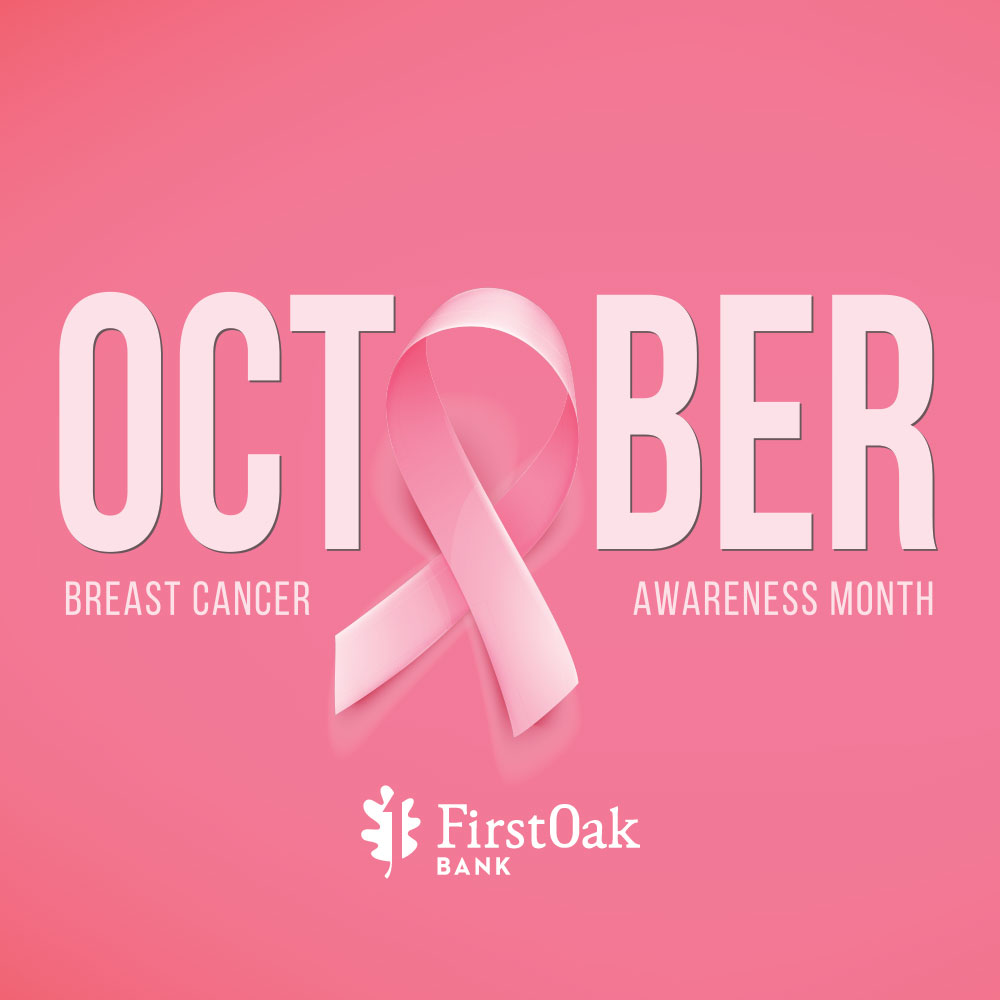Resolution 2021: Pay down credit card debt! For the first time in eight years, average credit card debt per household has dropped. If you have credit card debt, consider making it a priority to get it paid off! Use one of these methods to get your debt paid off faster. pay off highest debt first (debt avalanche method) or pay off …
Resolution 2021: Pay down credit card debt! Here are a couple of reasons to get your debt paid off now! Increase Financial Security When you spend your hard earned cash on debt payments, you could be starting a savings account or a retirement plan. Paying off your debt will be the first step in making your financially secure. Increase Your …
African Americans have been in integral part of our financial and banking industries. In honor of Black History, FirstOak Bank wants to highlight a few milestones. 1778 Richard Allen and Absalom Jones established an organization to help educate African Americans on socioeconomic issues. 1879 Blanche Kelso Bruce was the first African American to appear on US Currency as Register of …
what’s new Better formatting on iPhone and Android Devices Easier navigation More features Browse your accounts by list or tile view Alerts more visible Total Available and Current Balance more easily visible. Pay your loans through the mobile app, same as when on your computer Negative balances / debits appear in Red and positive balances / credits appear in green …
Phishing: fraud through legitimate looking emails SMiShing: phishing via texts and SMS messages Vishing: voice phishing via phone calls Phone numbers, emails and links to websites can look like real communications from trusted sources when they could be scams. Messages encourage you to react quickly and if you do not react, the communications indicate you’ll face consequences. Phishing and SMiShing …
Ransomware is a form of malware that targets information on your computer for the purpose of extortion. After the user has been locked out of a system or important information has be gained, the cyber actor demands a ransom payment. Examples of Ransomware “Your computer was used to visit websites with illegal content. To unlock your computer, you must pay …
Malware is a catch-all term covering anything bad on the internet including viruses, worms, and other harmful computer programs to destroy and gain access to sensitive information. Types of Malware: 1. Virus – software that enters its’ own code and replicates itself 2. Worm – replicates itself similar to a virus but doesn’t spread to other systems 3. Trojan – …
Did you know Breast Cancer affects 1/8 women age 40 and older? Breast cancer is the second leading cause of cancer death among women in the US and when detected early has a 90% recovery rate? Here’s what you can do: 1) Know the facts about breast cancer – read more here: http://sgk.mn/36MhgTs 2) Know your risk and schedule a …
With many of us cooped up at home with the COVID-19 pandemic or simply being more cautious by keeping cash purchases to a minimum, the Federal Reserve has issued a statement about a change shortage. The Federal Reserve is asking consumers to spend or trade in their change laying around the house to put additional change back into the economy. …
Any business receiving cash as payment should be aware of counterfeit bills. Once you or your business accepts a fake bill, you own the bill. Here’s what you need to know: Large bills like $100’s and $50s aren’t the only bills to be counterfeited. Some counterfeiters use the homeless to spread smaller bills. Many businesses are tricked into accepting these …




